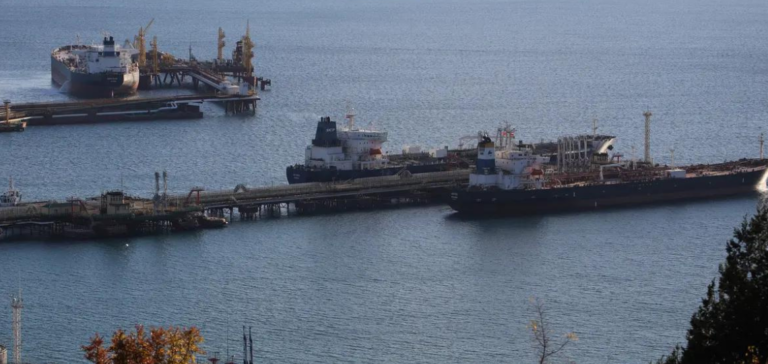The U.S. Treasury Department has stepped up its surveillance of maritime trade, suspecting some 100 ships of violating Western sanctions imposed on Russia. The United States considers these actions to be the most significant since the imposition of the oil price cap, a punitive measure against Moscow for its invasion of Ukraine.
Coordinated worldwide action
The notices sent out by the Bureau de Contrôle des Actifs Étrangers target ship management companies in around 30 countries. This move illustrates the scope and determination of Washington and its allies to limit Russia’s oil revenues. However, the Treasury Department refrained from commenting on these actions, merely reaffirming its commitment to enforcing the price cap.
Impact of price caps on Russian trade
Last December, the Group of Seven, the European Union and Australia set a ceiling of $60 per barrel for Russian seaborne crude exports. This ceiling prohibits Western companies from providing services such as transport, insurance and financing for oil sold above the ceiling. Despite a rise in world oil prices, US officials believe that the cap has increased costs for Russia, reducing its available income for the war.
Investigation of specific companies and vessels
Investigations have revealed that some ships have transported Russian oil from the Pacific port of Kozmino, while others have loaded at the port of Primorsk in the Gulf of Finland. In April, the Treasury Department had already alerted US companies to possible price cap evasion. Turkey-based Beks Shipping is one of the companies to have received a request for information, although attempts to contact it have been unsuccessful.
This new price-cap strategy is bringing about a significant change in world markets. China and India, taking advantage of discounts, are now acquiring a significant share of Russian oil, traditionally destined for Europe and other markets.
The US offensive against Russian sanctions violations marks a crucial step in the fight against Russia’s invasion of Ukraine. By targeting specific ships and companies, the US and its allies seek to weaken the Russian war machine, while reorienting the dynamics of the global oil market.






















